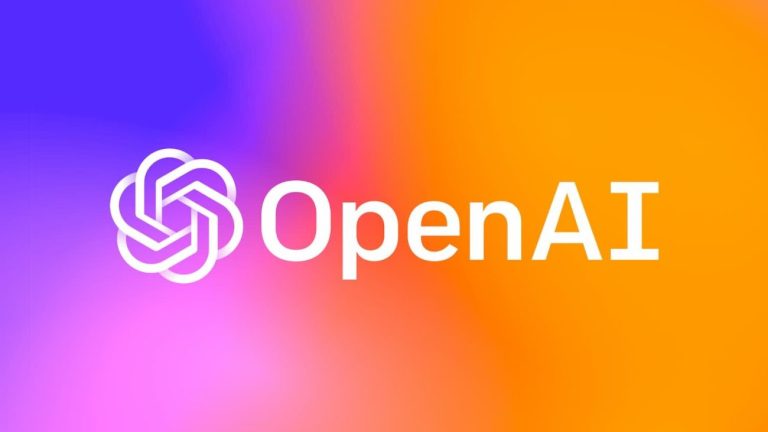|
Listen to this story
|
Silicon Valley’s GPU conversation has now shifted to India with Zoho Corporation looking to acquire some. Last week, Sridhar Vembu, co-founder and CEO of Zoho, confirmed that Zoho is in talks to procure GPUs from NVIDIA.
On the sidelines of the Zoholics event held in Bengaluru, Vembu briefly mentioned that they are in the process of acquiring GPUs. “Today, for any kind of AI, you need GPUs, and one company that controls all of the GPUs is NVIDIA,” said Vembu.
He also spoke about the short supply of NVIDIA GPUs, and a “wait of six months to get them”. He expects the wait time to ease soon. However, Vembu did not dwell on the details of the type of GPUs that the company is looking to acquire. Looking at NVIDIA’s market, server manufacturers have said to have waited for more than six months for NVIDIA’s H100.
Furthermore, he even spoke about AMD coming up in a big way and Zoho working on some of that software too.
India is NVIDIA’s Choice
Selling like hot cakes, NVIDIA’s planned production of 2 million GPUs for 2024 is already sold out. However, NVIDIA has a structured plan for India.
NVIDIA chief Huang Jensen, spoke to AIM last month, where he estimated that India will get about 10s of thousands of GPUs in order to build infrastructure. He even mentioned that India will be one of the first countries to receive NVIDIA’s fastest supercomputers in the world, which are not even in production yet. But by the end of next year, India will have AI supercomputers that will be 50-100 times faster, and will lower the cost of training foundational models.
With the ongoing geopolitical conflicts, the recent one being the US banning NVIDIA AI chip export to China, India becomes the next-best market for the chip giant.
Indian Tech Biggies and NVIDIA
With this, Zoho, one of the biggest SaaS players in the world, makes it to the list of Indian big tech companies who have announced their GPU acquisition plans and strategic partnerships with NVIDIA.
In September, following Huang’s visit to India, Reliance Industries announced its partnership with NVIDIA to develop India’s foundational large language model. The NVIDIA-Reliance Jio Infocomm duo will to serve 450 million Jio customers with AI applications and provide energy-efficient AI resources for Indian researchers and startups.
Furthermore, NVIDIA will also provide GH200 Grace Hopper Superchip and NVIDIA DGX Cloud to Reliance for exceptional performance.
Adding to the list, two IT majors, TCS and Infosys have also announced their plans to partner with NVIDIA. The TCS-NVIDIA partnership will provide advanced AI capabilities to various organisations, AI researchers and other businesses in India. Furthermore, the companies will work together to build a high-performance AI supercomputer using NVIDIA GH200 Grace Hopper Superchip.
Following closely behind is Infosys that also announced its partnership with NVIDIA. The partnership involves merging NVIDIA’s AI Enterprise ecosystem, including various components like models, tools, runtimes, and GPU systems, into Infosys’ AI-focused suite called Topaz.
Zoho Going Big on AI

Sridhar Vembu at Zoholics press conference in Bengaluru. Source: Zoho
Zoho is already going heavy with AI integration by offering a number of AI-assisted products. The company is also working on a GitHub-like product that will assist programmers. The product-in-the-works will involve parameter training approach along with compiler technology.
Furthermore, earlier this year, Zoho had announced its plan to work on its own large language model, and will be building domain-specific ones. Zoho has even integrated their AI engine Zia with OpenAI. The company has 13 generative AI application extensions that are powered by ChatGPT, including Zoho CRM and Zoho Analytics
Despite calling AI a bubble, and throwing caution around it, Vembu’s investment in AI is to understand all its capabilities and keep problems to a minimum. With proprietary projects in the pipeline, that obviously requires large compute, Zoho’s talk to acquire GPUs is not surprising. It is likely that more companies will follow suit.
































